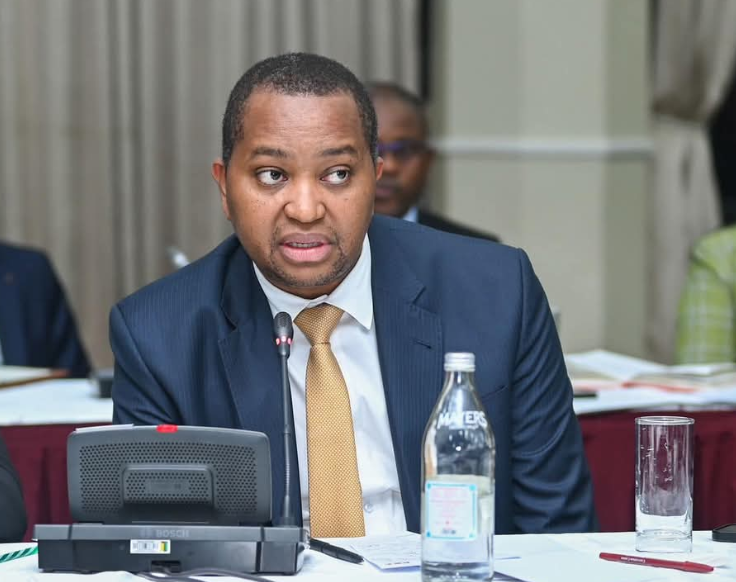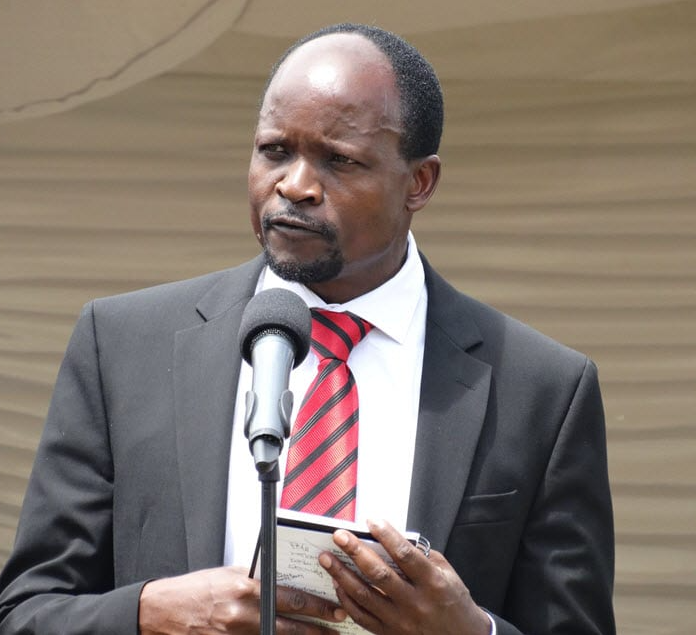The World Bank’s Division Director for Kenya, Rwanda, Somalia, and Uganda, Qimiao Fan, has urged the Kenyan government to adopt a new fiscal compact aimed at addressing rising debt, joblessness, and inefficiencies in key sectors such as health and infrastructure.
In an opinion piece published on Monday in The Standard, Fan argued that mere spending cuts would not close the country’s fiscal gap. Instead, he called for smarter investment and tighter controls on waste and corruption.
“Protecting investment in health, education, climate resilience, and infrastructure is critical. But inefficiencies are estimated at about Ksh608 billion, according to the Ethics and Anti-Corruption Commission, and are a drain on resources,” he noted.
Fan highlighted the opportunity cost of such wastage, saying that redirecting even part of these funds could finance a new Talanta Stadium or cover the annual wage bill for 100,000 junior secondary school teachers. He also pointed to losses from tax exemptions, costing Kenya over Ksh510 billion yearly, enough to construct a Nairobi Expressway every year.
The World Bank official recommended reforming tax exemptions and strengthening property and wealth taxes to boost revenue without overburdening citizens. He emphasized private sector empowerment as key to job creation, advocating streamlined regulations, improved access to finance, and lower borrowing costs.
Fan further stressed investing in Kenya’s youthful population through vocational training, school-to-work transitions, and innovation support, preparing them for a changing economy. He also urged leadership in the green economy, including clean energy, climate-smart agriculture, and resilient infrastructure.
On corruption, Fan cited bribes to traffic police, which he estimates at 0.5% of GDP annually. “Eliminating these bribes could finance the full Standard Gauge Railway expansion to Uganda or upgrade social protection nationwide,” he said.
The World Bank’s Public Finance Review suggests that implementing these reforms could reduce Kenya’s debt-to-GDP ratio by one-third within a decade, restoring levels last seen in the early 2010s. The report also recommended reviewing the rollout and funding approach of the Universal Health Coverage program, which created the Social Health Authority, noting the financial burden on citizens.







hthug1